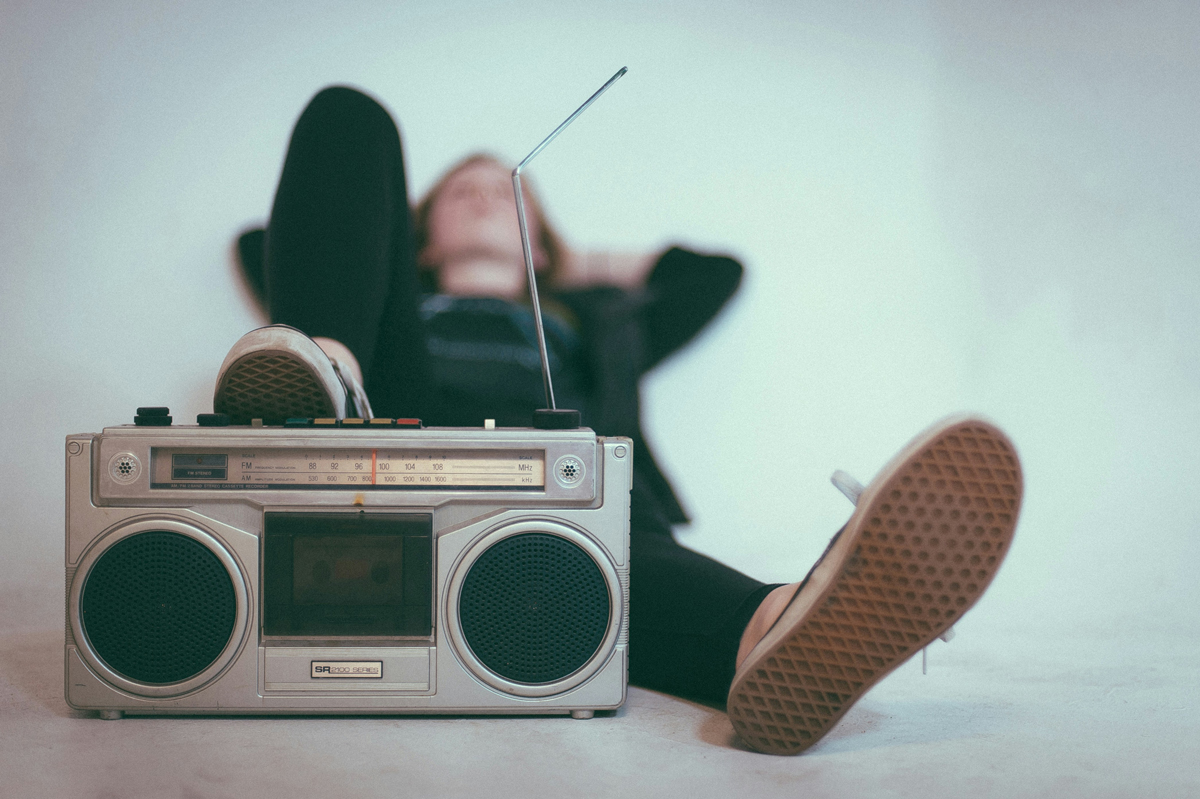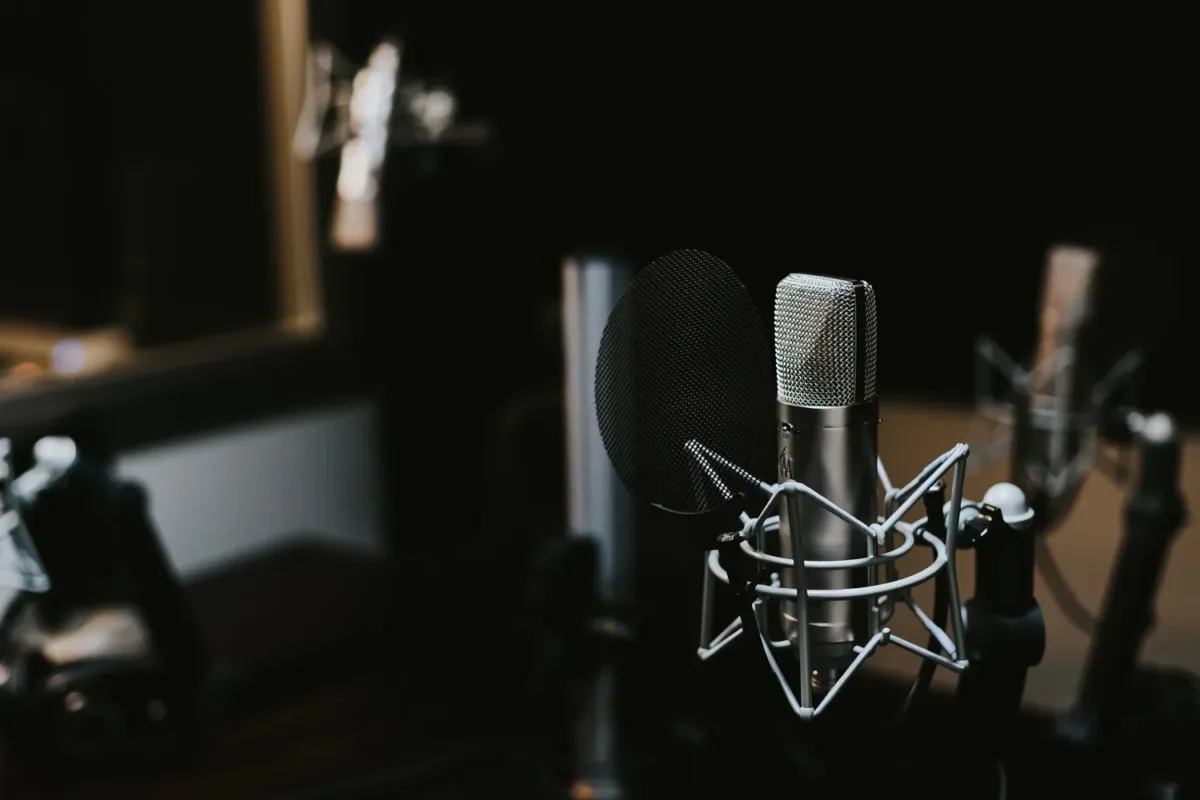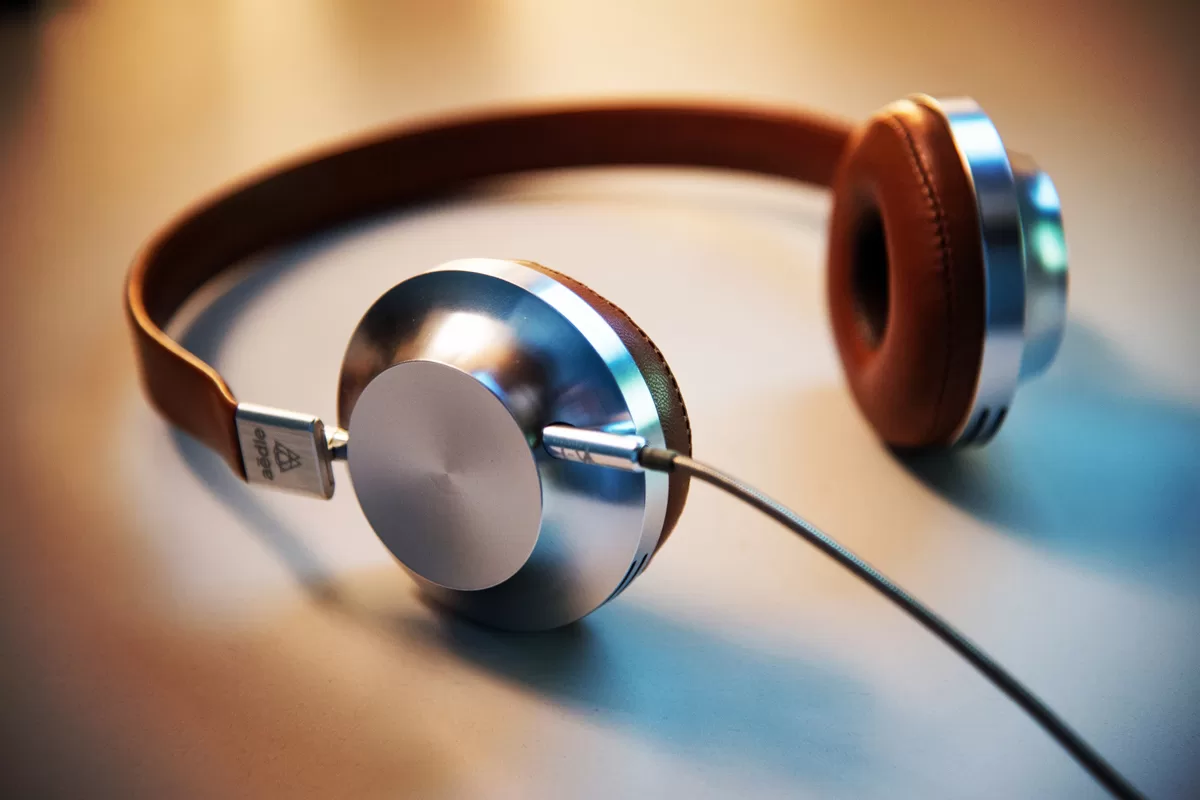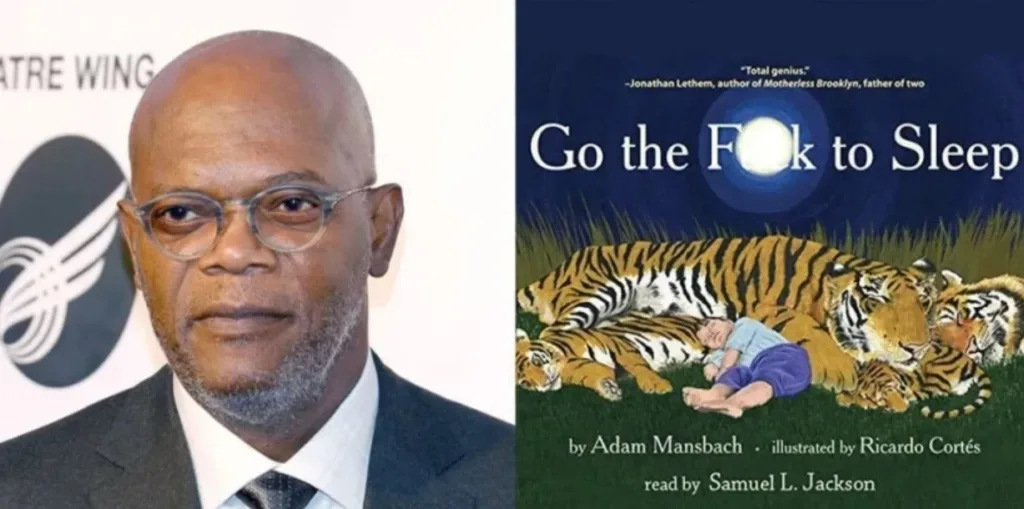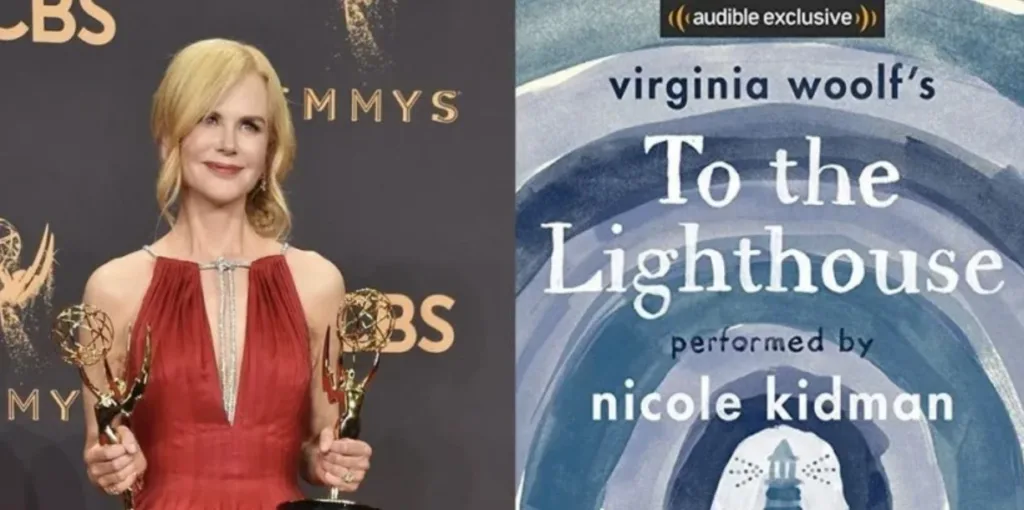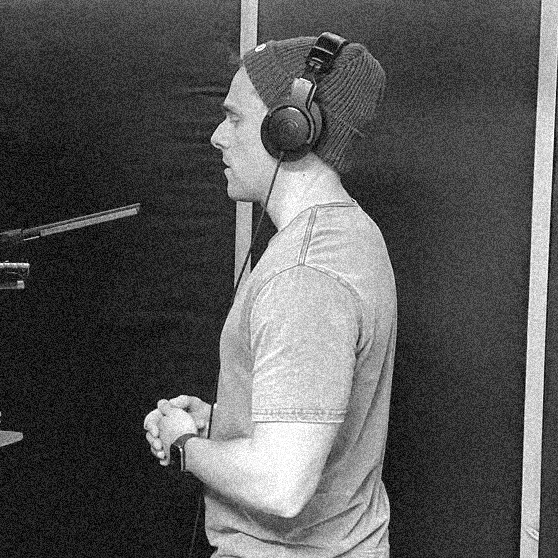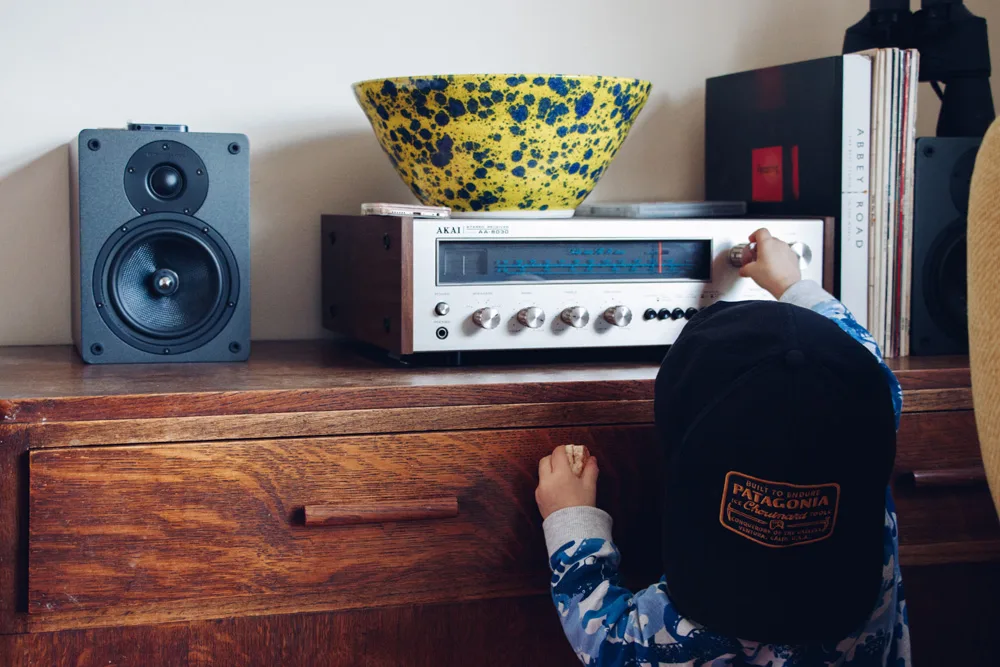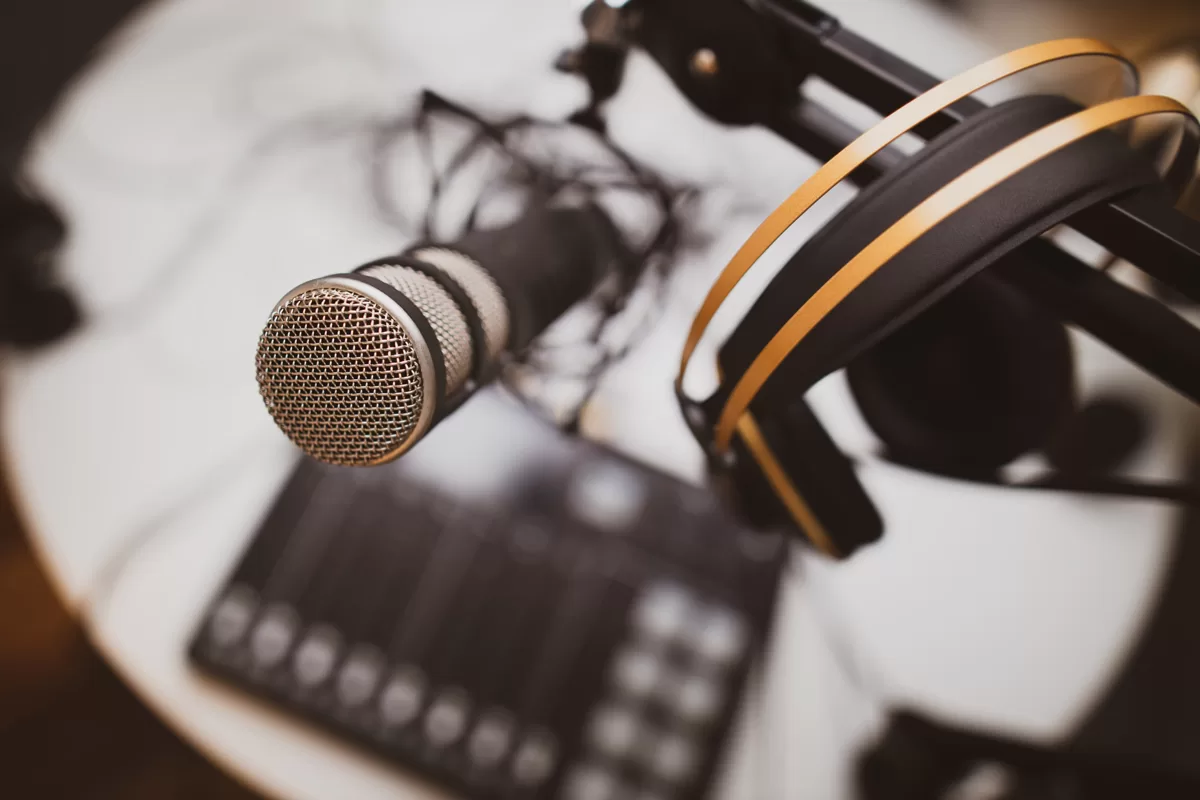A great voice over is one that effectively conveys the intended message, or story while engaging the audience. Here are some key elements that contribute to a successful and professional voice over:
Clarity
The voice should be clear and easy to understand. Pronunciation, enunciation, and pacing are important factors in ensuring clarity.
Emotion
The voice should convey the appropriate emotions for the context of the content. Whether it’s excitement, empathy, seriousness, or humor, the voice actor should be able to express emotions authentically.
Tone
The tone of voice should match the mood and purpose of the content. It could be authoritative, conversational, persuasive, or instructional, depending on the requirements.
Consistency
Consistency in tone, pacing, and delivery is crucial for maintaining the audience’s attention and ensuring coherence throughout the voice over.
Engagement
A good voice over captures the audience’s attention and keeps them engaged throughout the duration of the content. This can be achieved through dynamic delivery, storytelling techniques, or a compelling narrative.
Timing
The timing of the voice over should be synchronised with the visuals or other elements of the content to enhance comprehension and impact.
Adaptability
A skilled voice actor should be able to adapt their voice to suit different genres, audiences, and styles of content.
Professionalism
A good voice over is free from distractions such as background noise, mouth clicks, or other technical issues. It should sound polished and professional.
Authenticity
Authenticity is key to establishing trust and connecting with the audience. The voice should sound genuine and sincere, reflecting the character or brand it represents.
Versatility
A versatile voice actor can perform a variety of roles and styles effectively, from commercials to narration to character voices.
Overall, a good voice over combines technical proficiency with creativity and authenticity to effectively communicate the intended message and leave a lasting impression on the audience.

